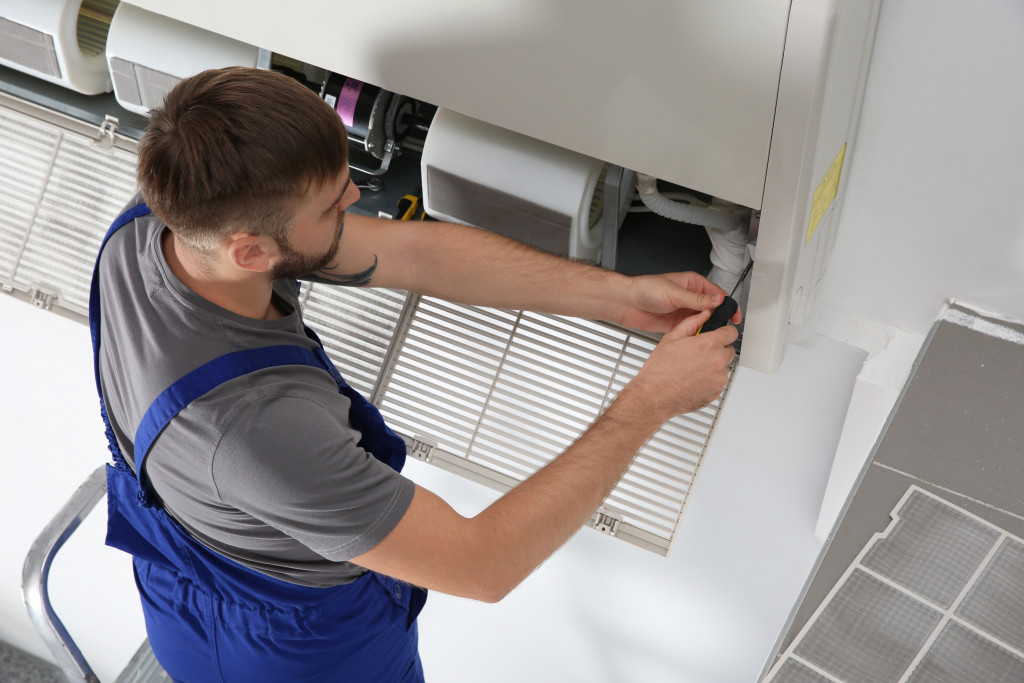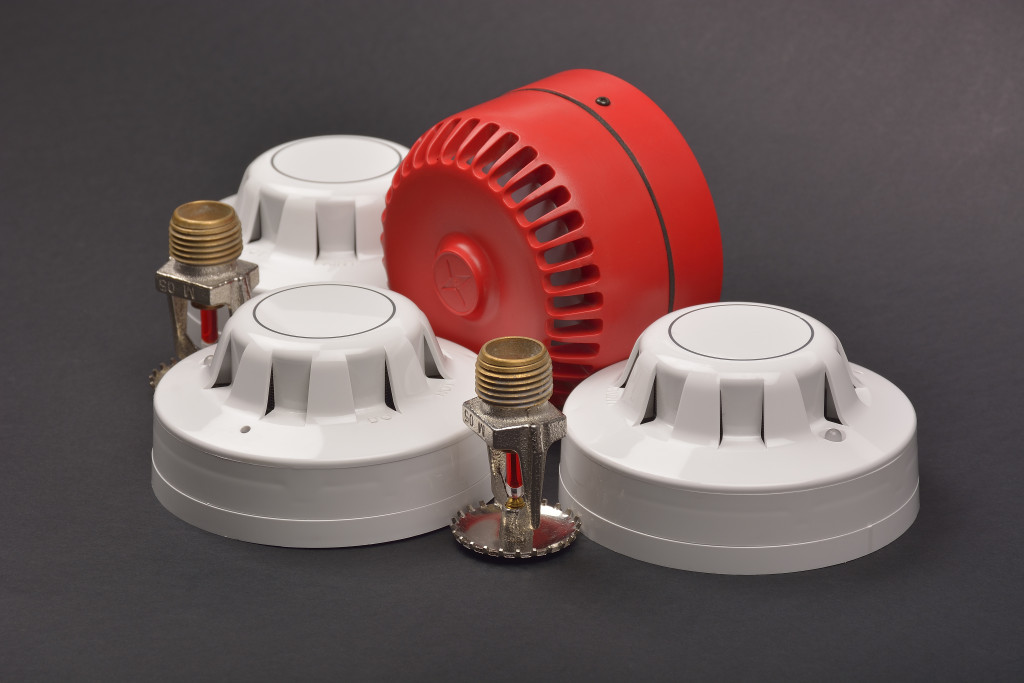If you own a commercial building, there are certain things you need to do to keep your property compliant. As a business or property owner, you must know these things. That way, you can make sure your commercial building stays safe and up to date, and you can protect yourself from any legal trouble down the road.
One of the first things you need to know is that commercial building laws are often different from residential buildings. You can’t just go by what the law requires for your private residence. There are specific steps you need to follow if you want to keep yourself and your employees safe, as well as keep the law off your back. That said, here are seven ways you can stay compliant with your commercial building:
1. Adequate Fire Safety Measures
Fire safety is one of the biggest things you must prepare to keep youhr commercial building up to code. All commercial buildings must have a fire safety plan in place. A fire safety plan can come in a written document or an outline you keep on file with the fire department office nearest your building.
Additionally, your building must have the proper fire safety equipment and supplies to keep your building safe in an emergency. Fire safety equipment includes fire extinguishers, fire blankets, smoke detectors, sprinklers, fire alarms, and more.
You can check with the local fire department to ensure you have everything your building needs to be ready for an emergency.
2. Regularly Maintained Plumbing System
Regularly maintaining plumbing systems can help protect your employees and customers from injury or health complications. A lack of proper maintenance can lead to several broken pipes that don’t drain properly. Suppose the lines break and the water pooling in the building is left untreated. That situation might lead to mold growth and potential bacterial infections, potentially leading to complications down the line, especially for your septic tank.
You should have professionals regularly check your plumbing system so that you can catch problems before they get out of hand. If there is some damage or clogging in your pipes down to your septic tank, you will need to hire a plumber and a septic tank pumper to address these issues. You also need to make sure your facility is within compliance with hazardous materials and solid waste management.

3. HVAC System Inspections
There will be times that any part of your heating, ventilation, and air-conditioning (HVAC) system might need repair. You’ll need to handle this on a timely basis because this can affect the safety of your employees and customers. This situation goes back to the issue of mold and bacteria growth. If a part of your HVAC system fails, you can have a water buildup that could lead to a mold infestation. That’s not good for your employees and customers.
4. Up-to-code Electrical System
Your electrical system is crucial to the safety of your workplace. With all the electronic equipment used in commercial buildings, you need to ensure your electrical system is up-to-date and in complete working condition. If you have outdated, faulty wiring or poor insulation, this can lead to fires. In the event of a fire, you need to make sure your employees and customers can safely get out. It’s crucial to have fire safety measures in place in case of fires caused by faulty electrical systems.
5. Proper Lighting in the Building
Proper lighting inside the building is crucial to your employees and customers. Say any part of your lighting system breaks down. That means you’ll have problems with employees and customers not being able to see what they’re doing. This situation can lead to accidents and injuries.
If you need to update your lighting system, make sure you hire a contractor who knows how to keep your building safe. Visit the local lighting store and pick out lights that are up to code, making sure they meet fire safety requirements.
6. Accessibility for Persons with Disabilities
Specific safety measures need to be in place for people with disabilities. Building accessibility design includes measures like working ramps, elevators, accessible restrooms, and more. If you have any employees or customers with disabilities, it’s your responsibility to ensure your building meets their needs. You need to make sure all entrances are wheelchair accessible. There should be proper ramps to the front door, restrooms, and other areas of the building.
If you have any questions about disability requirements for your building, contact a local disability organization or consult with your attorney.
7. Inform Tenants of These Regulations
If you rent out any part of your property, additional regulations might also apply to those spaces. It’s the tenant’s responsibility to make sure they don’t violate any of these regulations. Still, you also need to make sure you inform them of these regulations. You must ensure to include a tenant addendum in their lease agreement. You’ll need to state all the rules they must follow or risk losing their lease due to violations. These regulations include proper waste management, fire safety measures, parking, and more.
To keep your commercial property compliant, it’s essential to take care of safety issues as soon as they arise. It can be challenging to stay on top of all these regulations if you own a large building. But if you make sure everything stays up to code, you’ll always be on the safe side of the law.
